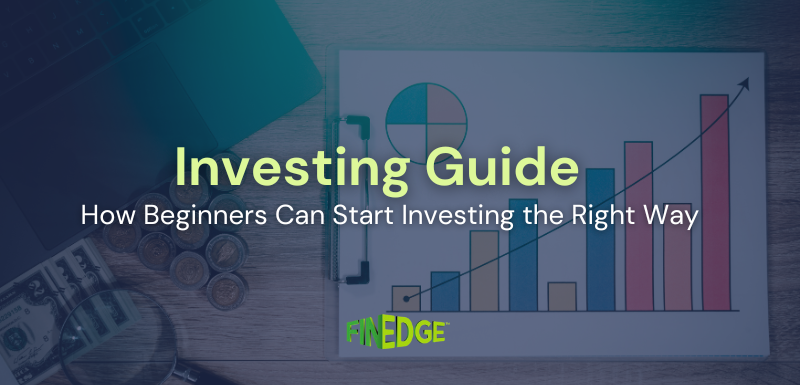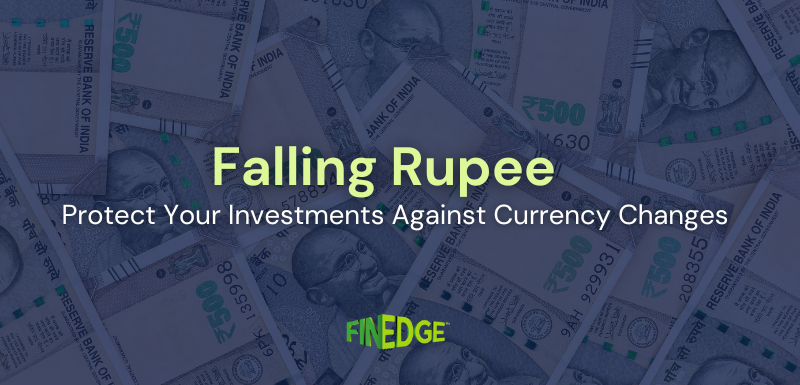What Are Bonds in India?
- Bonds are fixed-income instruments that offer predictable returns and stability.
- They’re ideal for investors seeking balance, diversification, and lower risk exposure.
- India offers various types of bonds from government and corporate bonds to tax-free and sovereign gold bonds.
- Understanding interest rate cycles, credit ratings, and maturity periods is key to smart bond investing.
From government to corporate and tax-free bonds, understand what bonds really mean and how they function within India’s financial ecosystem.
When markets fluctuate, investors often look for options that bring stability without sacrificing returns. That’s where bonds come in.
Bonds act as the steady anchor of an investment portfolio, providing predictable income through regular interest payments. They’re one of the most accessible ways for investors in India to balance risk, build discipline, and protect their capital especially when equity markets turn volatile.
So, if you’ve ever wondered what bonds are, how they work, or whether investing in bonds in India is a smart choice, this guide is for you.
What Are Bonds and How Do They Work?
A bond is essentially a loan you give to a government, corporation, or public institution. In return, you receive regular interest payments (called coupons) and your principal amount back after a fixed term.
Think of it as a structured lending agreement you lend money, they use it for development, and you earn interest for the duration.
Example
If you invest ₹1,00,000 in a bond with a 7% annual interest rate and 5-year maturity, you’ll earn ₹7,000 every year and get your ₹1,00,000 back at the end of the fifth year.
This simple yet powerful concept makes bonds in India a preferred choice for investors who value consistency and long-term planning.
Types of Bonds in India
India’s bond market offers multiple options, each serving different investor needs.
-
Government Bonds (G-Secs):
Issued by the Government of India the safest form of bonds available. Ideal for conservative investors seeking steady returns. -
Corporate Bonds:
Issued by private or public companies to fund operations or expansion. They offer higher returns but come with credit risk. -
Tax-Free Bonds:
Issued by government-backed entities like NHAI or REC, with interest exempt from income tax. -
Sovereign Gold Bonds (SGBs):
Issued by the RBI, these are linked to gold prices, combining gold exposure with annual interest. -
Municipal Bonds:
Issued by local governments to fund public infrastructure projects.
Each type of bond serves a different purpose, allowing investors to diversify within fixed-income assets.
Why Should You Invest in Bonds?
1. Stability and Predictability:
Bonds provide fixed returns at predefined intervals, unlike equities, which fluctuate daily.
2. Diversification:
Including bonds in your portfolio helps balance out the volatility of stock investments.
3. Capital Preservation:
Bonds protect your initial investment while generating income, ideal for conservative or nearing-retirement investors.
4. Liquidity and Accessibility:
Bonds can be traded in the secondary market or purchased easily through online platforms like RBI Retail Direct.
5. Tax Efficiency:
Certain bonds, such as tax-free or sovereign bonds, offer tax advantages, enhancing net returns.
How to Invest in Bonds in India
Investors today have multiple channels to explore how to invest in bonds in India effectively:
-
RBI Retail Direct Portal:
A government initiative allowing individuals to buy and hold government securities directly. -
Stock Exchanges and Brokers:
Bonds are listed on NSE and BSE, and can be purchased just like shares through your broker. -
Bond Mutual Funds or ETFs:
Managed portfolios that invest in a range of bonds suitable for investors who prefer professional management. -
Primary Market Issues:
Companies and government entities periodically issue new bonds that investors can subscribe to directly.
Risks and Factors to Consider
Even though bonds are relatively safe, there are a few risks to understand:
-
Interest Rate Risk: Bond prices fall when interest rates rise.
-
Credit Risk: The issuer could default on payments.
-
Inflation Risk: High inflation can erode real returns from fixed-rate bonds.
-
Liquidity Risk: Some bonds may not be easily tradable in the secondary market.
The key is diversification, spreading your bond investments across issuers and maturities to minimize risk.
Are Bonds a Good Investment in 2025 and Beyond?
If your goal is stability, safety, and predictable income, bonds remain a dependable option especially in uncertain markets. They help preserve capital and reduce volatility.
However, if your objective is long-term wealth creation and higher growth, bonds alone may not suffice. Since their returns are usually moderate, investors aiming for faster portfolio growth should consider balancing bonds with equity-based investments for better long-term outcomes.
In Summary
Investing in bonds in India offers more than just safety; it offers structure, predictability, and balance. In an unpredictable world, bonds can help you stay disciplined, earn steady returns, and achieve long-term financial security.
At FinEdge, we believe successful investing isn’t about chasing trends, it's about aligning every decision to your goals. Bonds play a vital role in making that possible through a disciplined, goal-based approach.
FAQs
Your Investing Experts
Continue Reading
Beginner Investing Guide: How to Start Investing the Right Way
Investing for beginners can feel both exciting and overwhelming. With constant news about markets, social media opinions, and stories of quick gains, first-time investors often struggle to separate what truly matters from what is simply noise.
How to Save More From Everyday Expenses and Invest More Consistently
Spending smarter, timing purchases better, and being intentional with recurring expenses can create a steady surplus that can be channelled into long-term investments.
Rupee Falling? How to Protect and Grow Your Investments
When the rupee weakens, it often creates anxiety for investors. But currency depreciation is not an anomaly; it is a recurring phase in every long-term economic cycle. The real question is not whether the rupee will fall, but how investors should respond to it without derailing their long-term financial goals.




